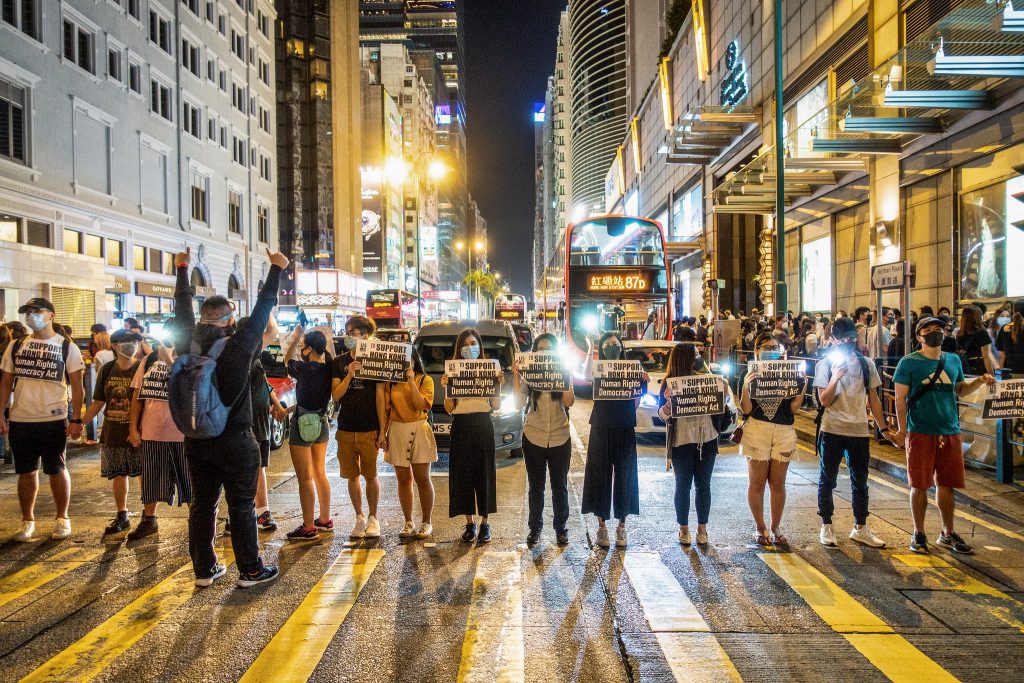Will Hong Kong's Travel Economy Ever Catch a Break?

Skift Take
Hong Kong's travel industry desperately needs a lifeline. But it is unclear if mainland China's increased influence on the city will help Hong Kong come out of its cratered state of tourism.
China may lead the world in a pandemic economic recovery, but megacities like Hong Kong still face a long road to a complete rebound.
Hong Kong-based airline Cathay Pacific is flying 10 percent of its schedule. So-called travel bubbles, promising connectivity to other countries, have yet to materialize.
All of this happens while Mainland China continues to charge back toward pre-pandemic travel demand levels as early as next year due to its strong domestic traveler base.
"From the point of view of the hotel business, while borders are still closed, we can’t enjoy what other countries have with domestic travel," said Jennifer Cronin, president of Hong Kong-based Wharf Hotels, Thursday at Skift Forum Asia. "With a population of 7 million people, we can’t survive on domestic tourism alone."
Hong Kong endured
